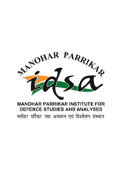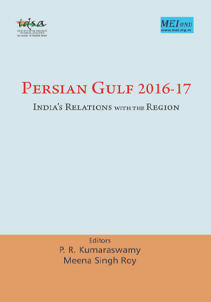China : Reactions to Iraq Elections
China has not issued any official statement on the recently concluded elections in Iraq. However, in a Press Conference on February1, 2005, to a question on the elections, the Foreign Ministry Spokesman Kong Quan said that:
- Raviprasad Narayanan
- February 15, 2005







